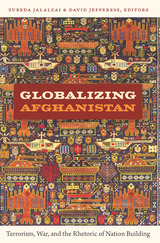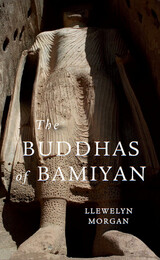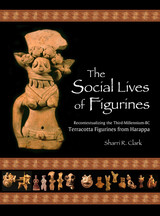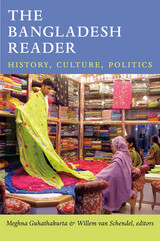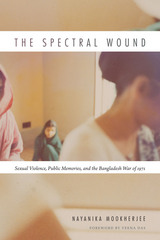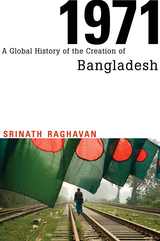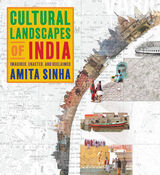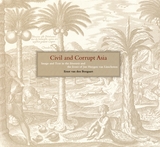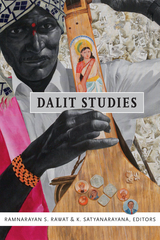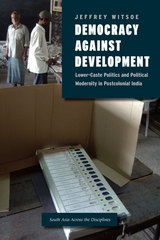Cloth: 978-0-674-62540-2
Library of Congress Classification DS380.Q35B47 1982
Dewey Decimal Classification 305.8914
Snake charmers, bards, acrobats, magicians, trainers of performing animals, and other nomadic artisans and entertainers have been a colorful and enduring element in societies throughout the world. Their flexible social system, based on highly specialized individual skills and spatial mobility, contrasts sharply with the more rigid social system of sedentary peasants and traditional urban dwellers. Joseph Berland brings into focus the ethnographic and psychological differences between nomadic and sedentary groups by examining how the experiences of South Asian gypsies and their urban counterparts contribute to basic perceptual habits and skills.
No Five Fingers Are Alike, based on three years of participant research among rural Pakistani groups, provides the first detailed description in print of Asian gypsies. By applying methods of anthropological observation as well as psychological experimentation, Berland develops a theory about the relationship between social experience and mental growth. He suggests that there are certain social conditions under which mental growth can be accelerated. His work promises to stand as an important contribution to the cross-cultural literature on cognitive development.
See other books on: Cognition and culture | Pakistan | Psychology | Social Context
See other titles from Harvard University Press




